Interview
Sarah Mahini
9 min read
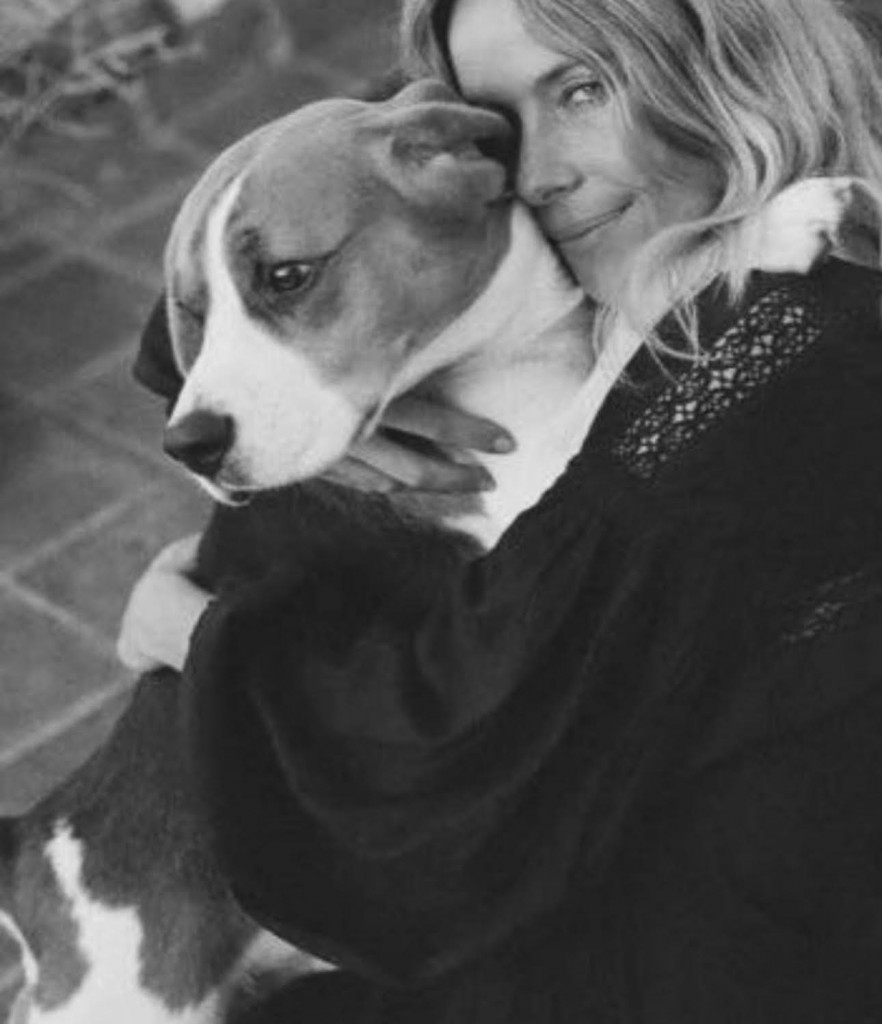
Only six months ago Paris-based photography agent Sarah Mahini launched PHENOMENA. The brand new agency represents artists from all over the world, such as Gaspar Noé or Fenn O’Meally. It’s an interesting choice at a moment where the photography market feels quite saturated. We had a chat with Sarah about her new adventure, what makes a photographer stand out these days, and the one skill every agent needs.
Phenomena is only a few months old. Launching a new agency is a big endeavor - what made you want to do it?
I’ve been working as a photography agent for a long time. I started in South Africa, by representing South African talents on the international market. Then I moved to London, where I worked with Katy Barker, and after that I joined Magnum Photos. I love working for agencies but I’ve always wanted to have a bit more freedom and do things my way. I gained a lot of valuable experience and learned how things work, and I thought there was a place in the market for a new agency. Working at Magnum was of course an amazing experience but it’s a quite old agency, and I was feeling a little bit frustrated to not be working with contemporary photographers. I thought there were things to do there.
I’m surprised to hear you say that there’s a gap in the market. It looks like such a saturated sector…
When I say there’s a gap in the market, it’s a small gap. You’re right, it’s very saturated. There are a lot of amazing photographers, image-makers, and content makers. The industry is shifting. It’s very complicated. I want to represent not only excellent photographers but also people who have a distinct voice. When I look at the roster now, I see artists, not just photographers. They all have this personal voice, this narrative, that they also put in their commercial work. You just see when something is from them. They are true and honest. The gap I found in the market is for artists that are not just a commercial photographer, or fashion photographer, or a fine art photographer. They have something to say and just cannot help themselves.
I have worked with a lot of photographers in the past, and there are trends in fashion and in photography in general, but these guys don’t follow them. They are who they are. They won’t compromise on that. That’s what makes them special. That’s their strength. There is so much content created today and such a big need for pictures - but I believe brands really want to build a story around their products. That’s what we want to push, to have people who tell stories.
You mentioned everything is shifting. Can you elaborate on that?
During Covid, everybody enjoyed taking their time to do things, but apparently that’s no longer the reality. It’s very fast-paced and very competitive. And when I started, budgets were so much higher. Before, when you did a campaign, you would have to provide 10 images and you’d have a pretty big budget for that. Now, you also have to provide extra content, and stories, and you have to have followers, and ideas, and also be a creative director,…it’s a lot. Plus, you have to be someone on social media. All these things have shifted. I think it puts a lot of pressure on photographers.
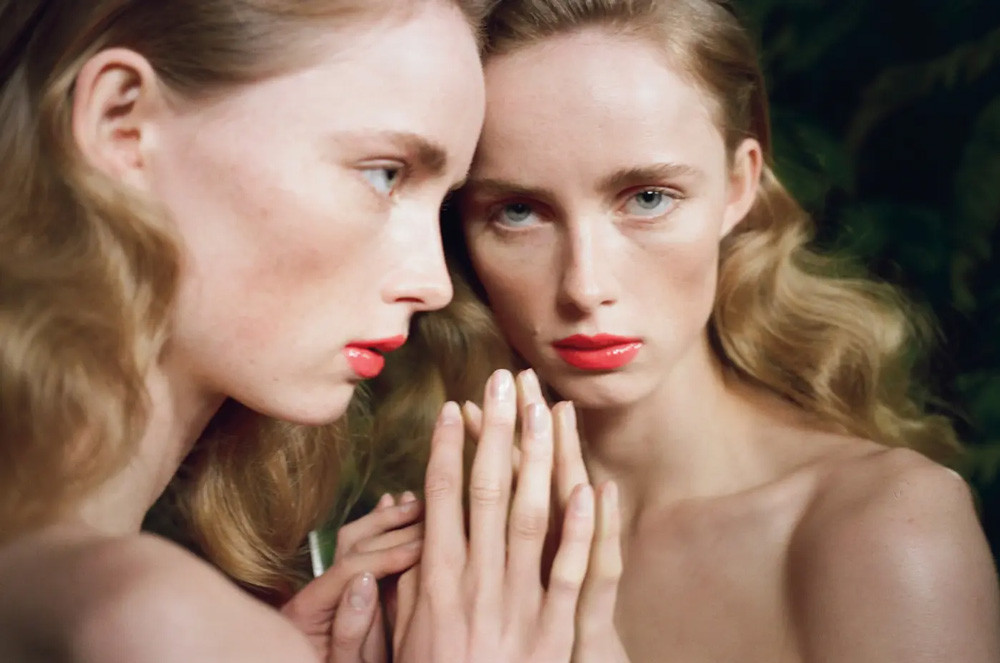
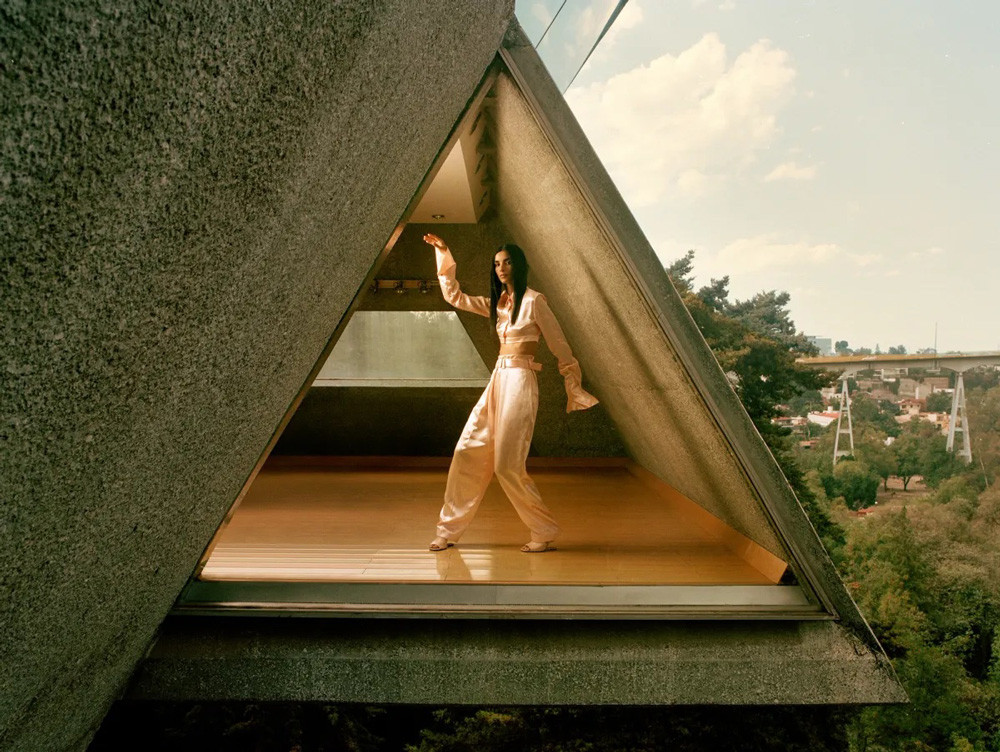
Are there still photographers who don’t have social media accounts and are successful anyway or is that a thing of the past?
There are, but they are already very established and that’s why they can allow themselves to do that. I feel that without it, it’s very difficult. And I can tell you, if I show a client two similar profiles, with an equal quality of work, and one has lots of followers, they will always choose the one with the most followers. This is a game you have to play now; it’s a little sad.
And it’s not just photography. Same in the music industry, the publishing industry…
Yes. It’s the world we live in now. Unfortunately it seems that you have to be someone online to be someone in real life…
What skills do you need to be an agent?
There are many different kinds of agents. I would not be able to say “This is the best way”. For example, I’m not aggressive at all, because it’s not my personality. But I know some agents for whom that works well. I really care for my photographers and try to always put their needs first instead of the business needs. I think it’s a personality thing. I care a lot, and I think it comes from my strong passion for photography. I love images. I collect photo books, and in my free time I go to exhibitions. Some people might enjoy the social part of it, which is not really the case for me. I don’t think there are special skills you need to have - it’s obviously a mix. Maybe there’s one skill you need to have: how to manage expectations, frustration, emotions, on both the client’s and the artist’s side. You’re always in the middle.
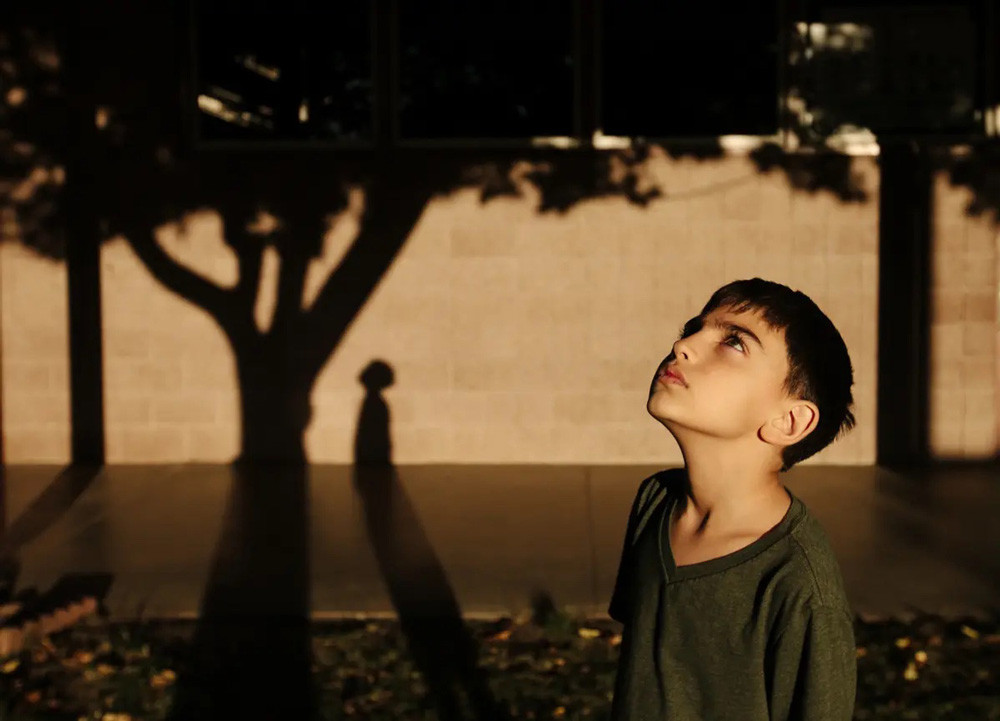
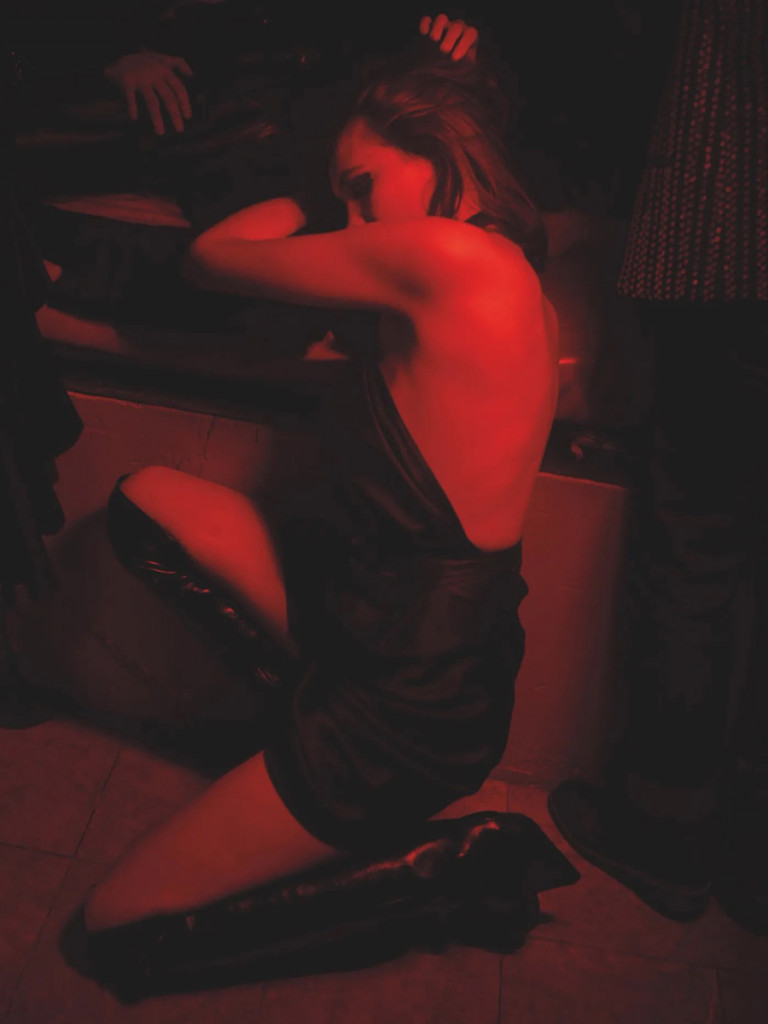
Would you say your main job is finding work for the photographers?
Yes, but there are different things. I would say it’s all about managing a career, and managing the body of work. Photographers take pictures - that’s what they’re very good at. They don’t necessarily know how to put their work together, how to build a strong portfolio, how to build their image. They don’t necessarily know which image is better than another one. Your first job as an agent is to build up a strong portfolio and to have a good eye. You need to market the photographer, and to build relationships around them. You connect them with other talents, negotiate the jobs that come in, the fees, the rights, the usage. You make sure that on set the photographer has all the things they need. You have to build a strong team around them, and then obviously to go and sell, and meet the right clients.
What is your long term vision for Phenomena?
I want to establish it as a key agency on the market. I think it will always be boutique. I don’t want it to be a factory. I want to be able to have the photographers on the phone every day, and give them the feeling that we’re committed. That kind of personal exchange is important. I would love to grow in terms of project-scale. I’d love to be able to do exhibitions, special projects, books… that’s what I was doing when I was at Magnum. You never know, I might also meet an amazing painter, and represent them. It’s nice to keep it open.
Do you have any advice for those contemplating launching a new agency?
Not really, except that when you do something in life, you have to believe in it. There will be bad days, and it can be a rollercoaster. Make sure you have the right people around you. Launching something in general can be pretty tough, and there will be moments when you question why you’re doing it. It’s not like Phenomena is 10 years old, so it’s hard to say!
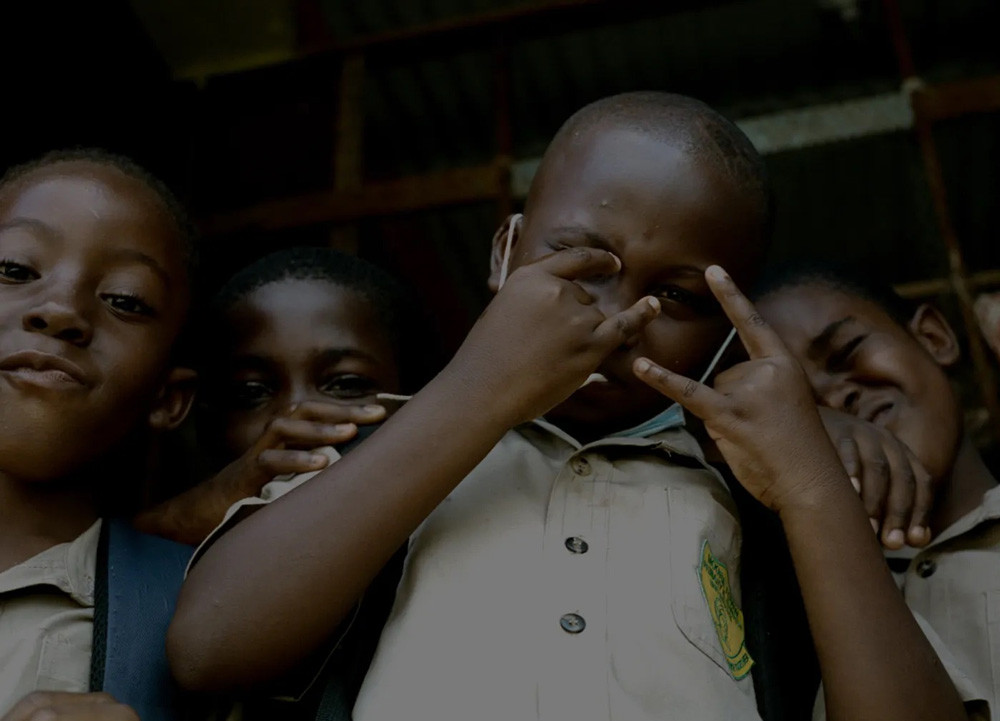
What were the most important things you learned when being employed by other agencies?
I’ve had a lot of different experiences. At Magnum, I not only learned about commercial photography but how to engage brands, how to do different kinds of projects, which I think gave me special skills that go beyond a classic fashion agency. It was an amazing experience. I worked with a big variety of photographers, very young and upcoming ones and very established ones such as Martin Parr and Alex Webb. I’ve worked in high fashion, and also with documentary photography.
You said you started out in South Africa. How did you first enter the industry?
That was in 2013, very organically. I have always loved images and imagery, and always took pictures as a child. I grew up traveling a lot with my parents, and I would always take photos. I have always been drawn to magazines. My first job was in the hospitality business, and when I moved to Cape Town, I accidentally met the owner of a photo agency, at the beach, actually! He told me that they were looking for somebody with a European background who could go to Europe and get European clients. That’s how I started.
So you just jumped in, just like that.
Yes, I didn’t have a vision yet, I didn’t even really know what an agent was. I learned everything on the job. I loved it right away, I loved working with artists, to make things happen.
My advice for all kinds of photographers is to find your market. Find your thing and stick to it.
Sarah Mahini
How do you choose the photographers you take on? What does a photographer have to have to join your agency?
A photographic signature, that’s for sure. Honestly, it’s a feeling. It’s difficult to put in words because it also has to match my taste. I have to like the work, it can’t just be a business decision. It has to have a little bit of an emotional effect, I have to look at the pictures and believe they are amazing, because then I am able to be a sales person and convince people. I need to have that. Sometimes there are very good photographers that I will not represent because it’s just not my taste and I wouldn’t be the right agent for that reason. It’s also a relationship thing. We are in contact every day, so you have to like the person or have a personal feeling with them.
Do you have any advice for young photographers in this saturated photography market?
My advice for all kinds of photographers is to find your market. Find your thing and stick to it. Sometimes, photographers, or people in general, want to show that they are good at many things. I don’t think that’s the way to go. If you really know how to do beauty, just do beauty. Establish yourself in that. And then you can still grow and do other things.
Sometimes I look at portfolios, and they’re good, but it’s all so disparate that it doesn’t send a strong message. Stick to one thing, portraiture, lifestyle, shoot something that you love. One thing I always pay attention to is the photographer’s personal life in pictures. I like to see how they photograph their friends and their family. It gives you a sense of who the photographer is and what’s his eye. I can see that on their social media accounts. Sometimes they don’t think it’s important, but to me it is.
Why do you think it’s important for a photographer to have an agency? Do you think people can still make it on their own?
Actually, it’s easier than before to do it on your own, because of social media. You can get in touch with clients that way. And there are clients who want their own relationship with the photographer and don’t like to talk to agents. But I do think that you need an agent to be able to bounce ideas off someone, to discuss your work, build up your team…It’s not just taking pictures and getting clients, but also how to develop yourself. I think the help you get is very valuable. It’s difficult to negotiate your own budget, especially if you already have a personal relationship with a client, and you have to switch to a business conversation. If you’re passionate about what you do it’s nice to talk sometimes about which direction to take, the kind of things you should do. Having an agent that you appreciate can really help.
Slightly off topic, but I need to ask you: I saw you launched a magazine about dogs. Can you tell me more?
That’s my passion project, Buckley magazine. I’m doing it with a very good friend of mine, Oisin Orlandi. We had the idea during Covid and last year we finally launched the first issue. We’re merging our two big passions, which are dogs and photography. It’s an independent magazine, and now we’re working on commissioning the second one. There is so much to do around dogs. For example there’s a piece about dogs in the world of David Lynch, or a report about street dogs in Manila, and a love letter to a dog that passed away. The idea is to have a platform for dog lovers and image lovers, to create content around dogs. It’s not photography of dogs, it’s dogs in the world of photography.
IG Sarah Mahini
IG PHENOMENA
WEB PHENOMENA
Interview by Sarah Schug
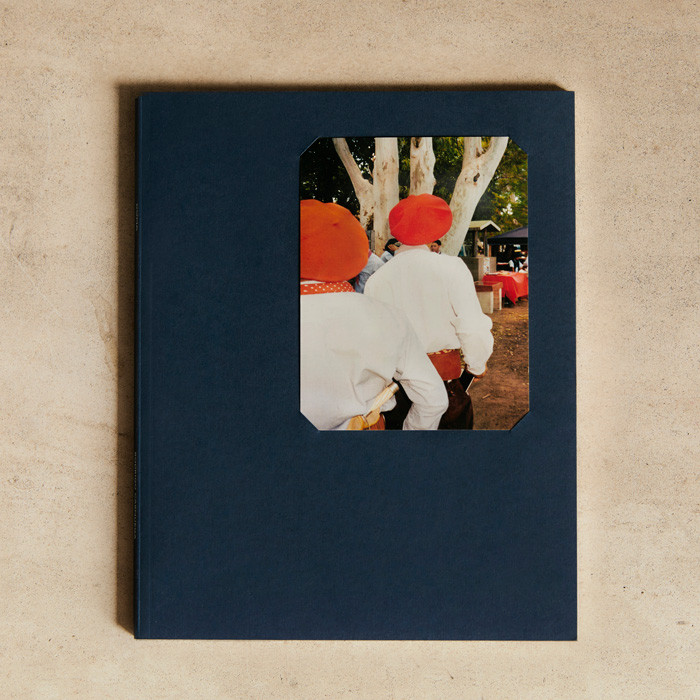
Book Review & Interview
Rodrigo Carmuega
London-based Rodrigo Carmuega’s DOMA is a love letter to his native country, Argentina, beautifully capturing the eponymous tradition connecting humans, horses, and the land.
READ MORE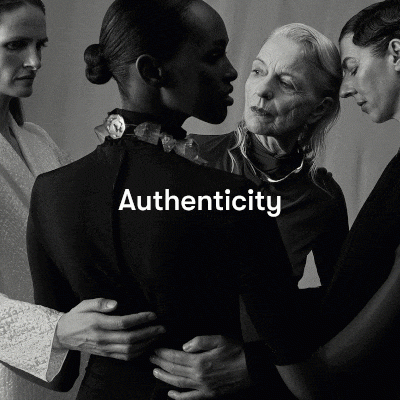
Photography Insights
Fashion Photography Trends 2023
Fashion is an incredibly fast-lived industry, and new technologies ensure that photography keeps constantly evolving. It comes as no surprise then, that fashion photography trends are in constant flux. By asking industry professionals from photographers to agents, we’re putting the finger on the pulse in order to predict what the major fashion photography trends of the year ahead will be.
READ MORE
